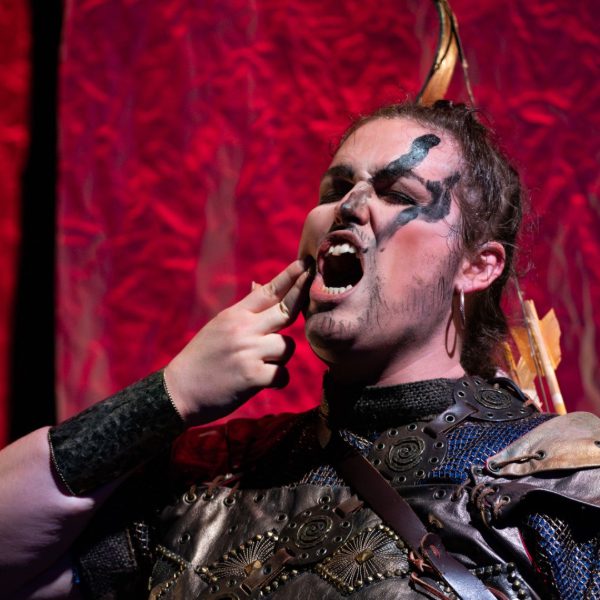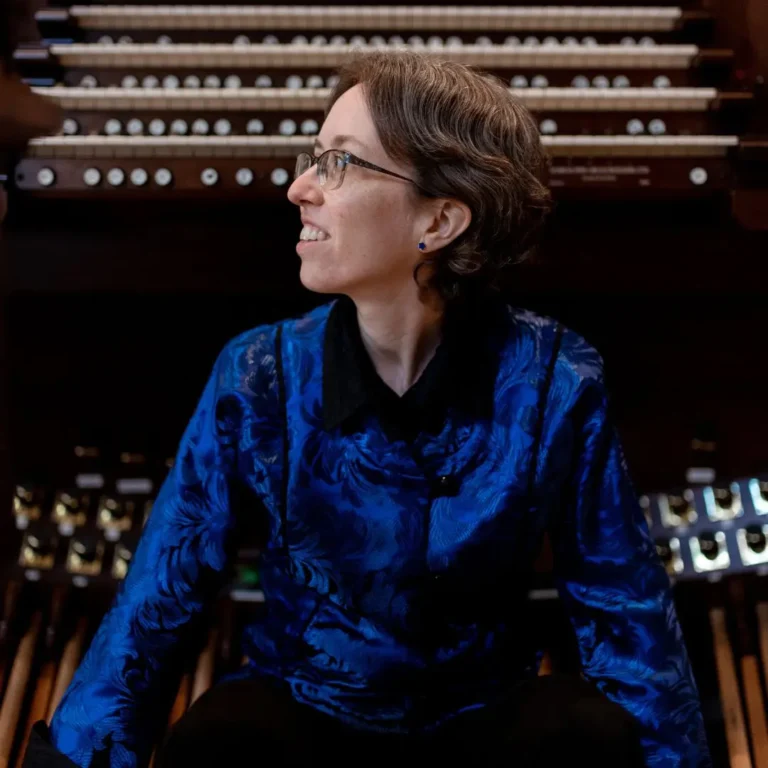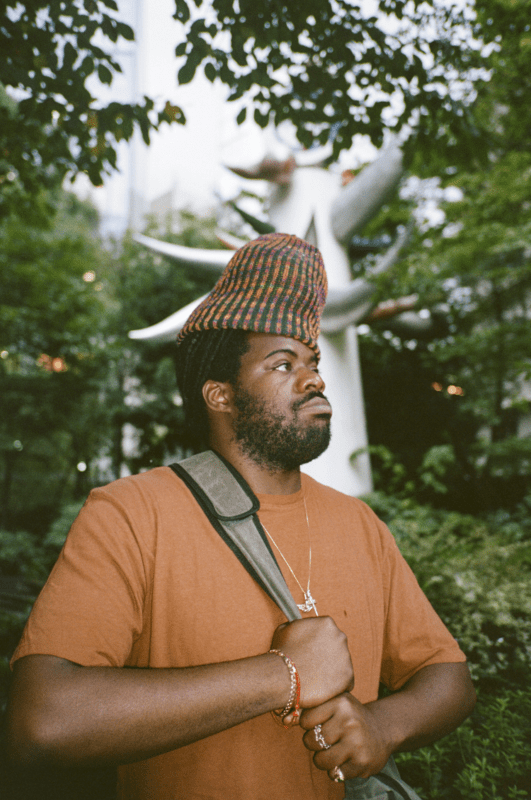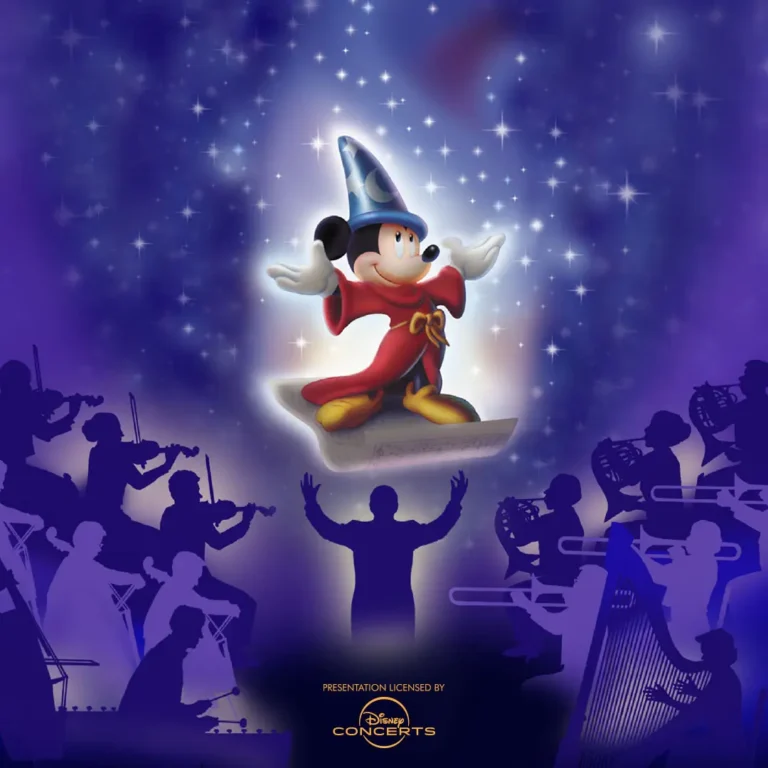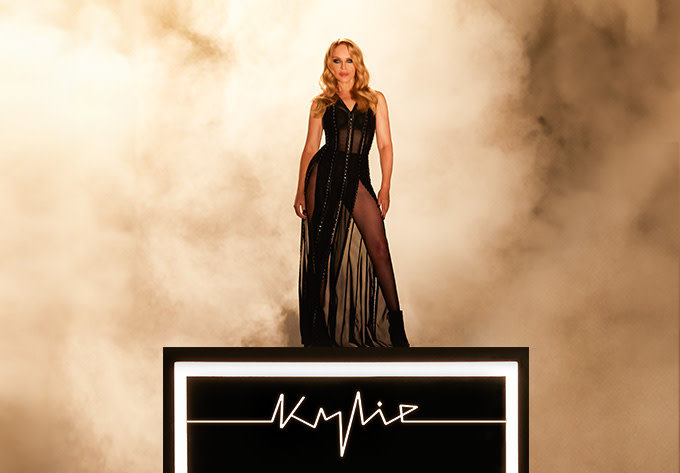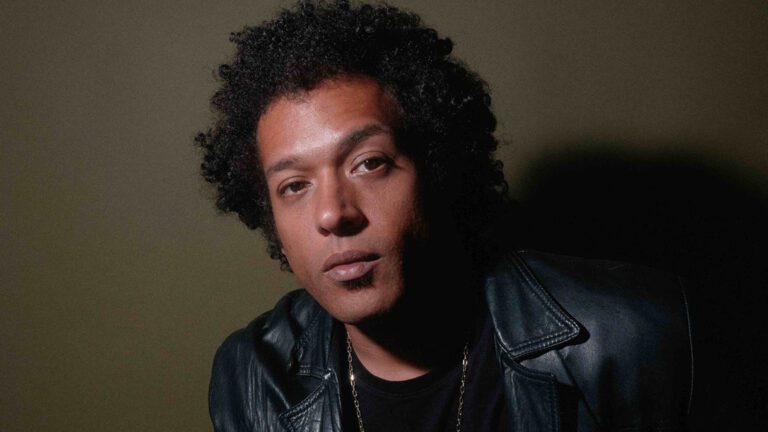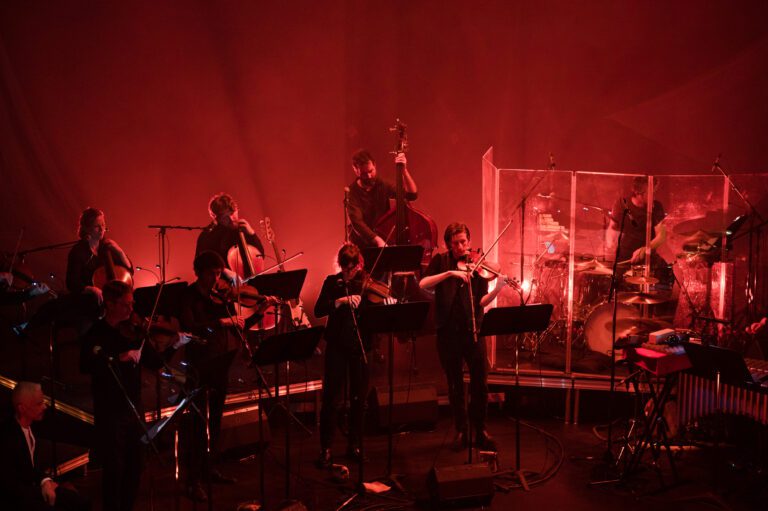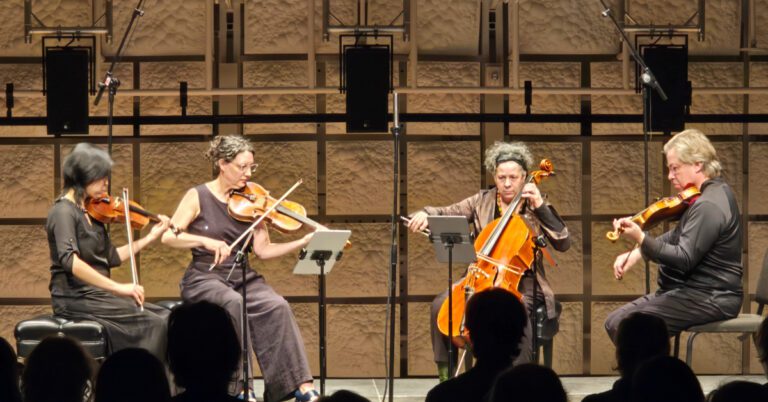On Friday evening, Opera McGill gave the first in its series of performances of Georg Friedrich Handel’s Imeneo, at the Paradox Theatre, a former church on Monk Street, transformed into a performance hall, all in a cabaret format, where guests are invited to enjoy a drink during the performance.
Of the five main singers, it’s tenor Patricia Yates in the title role who stands out. Both in the stage interpretation of her character, a little over-proud, and in the amplitude of her voice, she provides a presence that transcends the framework of Paradox, and would work just as well in a more conventional opera house. In the role of Trinto, her opponent, countertenor Reed Demangone, isn’t lacking in stature either, but for opposite reasons. More restrained and shy, Demangone shows agility and delicacy in his arias, as well as in his performance of the man who will have his bride stolen from him.
On the ladies’ side, Elizabeth Fast is a show-stopper as Clomiri in the first half of the opera, trying to seduce Imeneo, who has saved her from a pirate attack, in the company of Rosmene. The latter, played by Patricia Wrigglesworth, grows in stature in the second half, becoming more and more assertive, giving her credibility in her choice of husband at the very end. In the end, Fast and Wrigglesworth deliver equal performances, each knowing when and how to get the better of her rival.
Apart from the Roman-style costumes, there’s nothing in the presentation to give us a clear idea of the era or setting in which the action is taking place. In this respect, Patrick Hansen’s simple, effective staging holds up well. The set consists of just four vertical strips descending from the ceiling and a gigantic rock that looks like a popcorn kernel, suspended in the middle. A rock that only seems to serve to redirect the lighting and obstruct the surtitles, necessary given that the opera is sung in Italian.
Also, since he doesn’t have to, there are no set or costume changes. As a result, Hansen eliminates the risk of the listener wondering “where are we now?” or “who’s who now?” and can concentrate on the action. In short, this staging is so effective that you don’t immediately realize how simple it is, without being boring either. If you try to do too much, you sometimes miss the point… but this is not the case here, and it’s very well done.
As is customary in student productions, each character has a double; the “B” cast will be singing as soloists tomorrow, and the “A” will be back on Sunday. Except that in this production, the notion of the double is finely and judiciously exploited. All ten artists are part of the three concerts, but those “on leave” perform as chorus members, albeit in their character costumes. The climax of this play on doubles comes at the end of the first act, when the doubles occult their namesakes, like emotions tearing at the soul, plunging the auditorium into a macabre red.
Photo: Stephanie Sedlbauer
